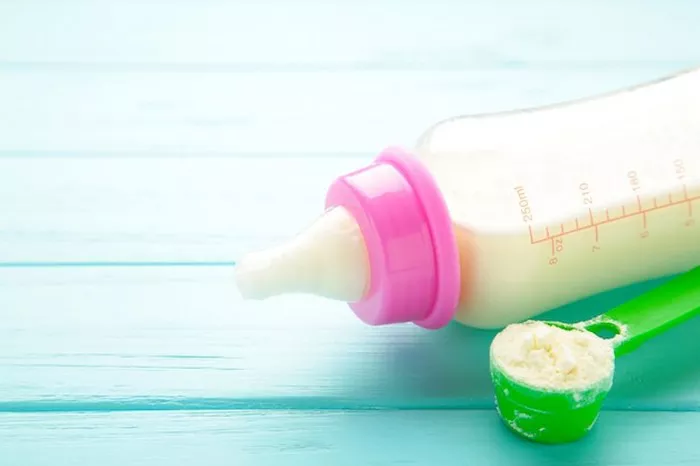The Sabah Chapter of the Malaysian Association of Speech-Language and Hearing (MASH) has embarked on a mission to raise awareness regarding the detrimental effects of prolonged bottle-feeding on the developmental milestones of young children.
In a bid to tackle this issue, the Association has initiated the “Cool Kids Use Cups Campaign 2024,” aimed at empowering and supporting new parents in transitioning their toddlers from bottle to cup feeding at the appropriate time.
Campaign Head, Pamela Thomas Joseph, emphasized the importance of transitioning a “neurotypical developing child” from bottle to cup feeding by the age of 12 months, except in cases where there are specific developmental concerns hindering the child’s ability to consume solids or grow appropriately.
Joseph advocated for introducing cup feeding between six to eight months of age, aligning with the period when children begin to explore semi-solid and solid foods, thus acquiring bilateral hand control necessary for cup handling.
Highlighting the repercussions of prolonged bottle-feeding on oromotor structures such as the jaw, teeth, and lips, Joseph underscored its adverse effects on tongue movement and mouth shape.
A recent survey conducted by MASH among 700 Sabahan parents revealed varying timelines for transitioning children from bottles to cups. While the majority aimed for the transition by age two, a significant portion planned to prolong bottle-feeding until ages three, four, or even beyond.
Joseph stressed the need for informed decision-making, noting that only a small percentage of surveyed parents were aware of the typical feeding development trajectory, which recommends discontinuing bottle use by the child’s first birthday.
Enumerating the health implications associated with prolonged bottle-feeding, Joseph cited disrupted speech patterns, middle ear infections, poor dental alignment, and increased risk of obesity among the concerns.
She explained that prolonged bottle use could lead to compromised speech patterns due to tongue positioning and jaw malocclusion, along with heightened susceptibility to middle ear infections stemming from eustachian tube dysfunction.
Moreover, she cautioned against the negative impact on dental development, emphasizing the tendency for poor teeth alignment and delayed emergence of incisors, resulting in difficulties with chewing solid foods.
Joseph further emphasized the psychological ramifications, noting that prolonged bottle dependence could impede emotional maturity and foster picky eating habits among children, ultimately affecting their overall development.
In conclusion, Joseph urged parents to prioritize the timely transition from bottle to cup feeding, emphasizing its crucial role in fostering healthy development and long-term well-being for children.


